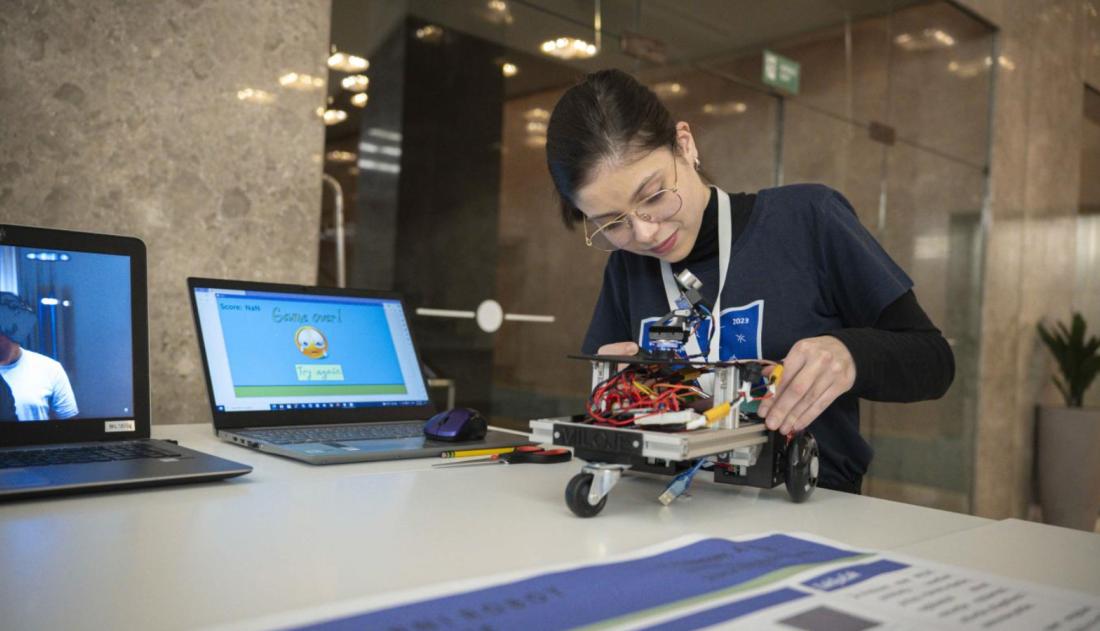
The rapid advancement of information and digital technologies has ushered in an era of unprecedented opportunity for social development. From telehealth to e-learning, digital tools are revolutionizing the way we deliver and access essential services. However, a new report by the UN Secretary-General emphasizes the immediate need to bridge the gap in access to technology and make sure that these technologies are used responsibly and inclusively.
The report underscores the potential of digital technologies to enhance the efficiency, effectiveness, and inclusiveness of social policies. AI can help identify vulnerable populations, personalize services, and improve administrative processes. Digital platforms can facilitate access to education, healthcare, and social protection, particularly for those in remote or marginalized communities.
However, the report also cautions against the risks associated with the inappropriate design and implementation of digital tools. These include digital exclusion, reduced effectiveness, and data privacy violations. The report emphasizes the importance of user-centered design, non-discriminatory algorithms, and robust data protection frameworks.
As we stand on the cusp of the Second World Summit for Social Development in 2025, the role of digital technologies in achieving social development goals has never been more critical. The report calls for a concerted effort at the national, regional, and international levels to bridge the digital divide and ensure that the digital transformation is inclusive, rights-based, and sustainable. The future of social development is digital, and it is our collective responsibility to ensure that it leaves no one behind.
Download the full SG report on "Information and digital technologies for advancing social development: opportunities and challenges for improving social policies":
English | Français | Español | Русский | عربي | 汉语
 Welcome to the United Nations
Welcome to the United Nations


